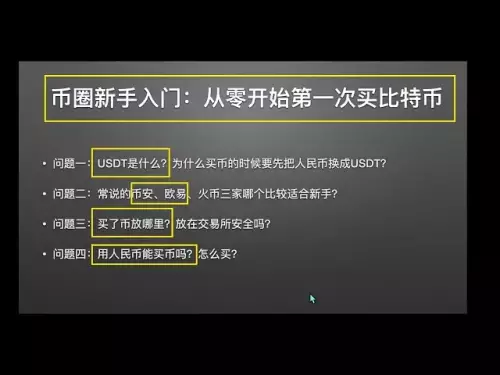Theta Labs' EdgeCloud is shaking up cloud computing by decentralizing GPU power, offering a potential challenge to AWS's dominance in the market.

Decentralized GPUs Challenge AWS: The EdgeCloud Revolution
The cloud computing landscape is about to get a whole lot more interesting. Theta Labs is stepping into the ring with EdgeCloud, aiming to disrupt Amazon Web Services (AWS) by harnessing the power of decentralized GPUs. Forget massive, centralized data centers – EdgeCloud taps into the unused processing power of thousands of volunteers worldwide, potentially delivering more computing power at a fraction of the cost.
What's the Big Deal?
Imagine a world where training AI models doesn't require breaking the bank with AWS. That's the promise of EdgeCloud, which officially entered its beta phase on June 25, 2025. By creating a live marketplace for GPU resources and combining powerful cloud GPUs with smaller edge nodes, Theta claims to offer a significant boost in computing power compared to other decentralized networks.
How EdgeCloud Works
The groundwork for EdgeCloud was laid back in 2022, with a focus on AI, video rendering, and esports streaming. The latest beta release enhances performance with Nvidia CUDA optimization, leading to a surge in node participation and a massive increase in distributed compute. Users are already reporting significant cost savings compared to traditional providers, with one example being a virtual clothing try-on demo that leveraged EdgeCloud to reduce lag for e-commerce platforms.
DePIN and the Future of Computing
EdgeCloud is part of a broader trend called DePIN (Decentralized Physical Infrastructure Networks), which seeks to replace centralized systems with community-driven alternatives. While other players like Render Network and Akash are also in the game, Theta's background in streaming and media gives it a unique edge for video-heavy and AI-driven tasks.
The AWS Challenge
With AWS dominating the cloud market, even a small dent by decentralized providers could create huge opportunities. Some analysts believe Theta's approach could revolutionize GPU resource access worldwide. Of course, challenges remain, including regulatory hurdles related to cryptocurrency incentives and the need to prove consistent reliability at scale.
The Bigger Picture
Beyond cost savings, EdgeCloud has the potential to empower developers in regions lacking affordable computing infrastructure. Small startups and researchers could train advanced AI models without facing exorbitant AWS bills. The blockchain-based network also offers transparency, logging every job and transaction on-chain, which could improve accountability in AI development.
A Glimpse into the Future
Theta EdgeCloud represents a bold vision for decentralized computing. By creating a marketplace for idle GPUs, it offers a cheaper and more transparent alternative to centralized giants like AWS. While challenges persist, the platform has already demonstrated its potential for significant power and cost savings. If it succeeds, EdgeCloud could reshape AI infrastructure, shifting control from a few major corporations to a global network of contributors.
So, keep an eye on EdgeCloud – it might just be the David to AWS's Goliath. Who knows, maybe your phone will be part of the next big AI breakthrough! The future is decentralized, my friends!













































































